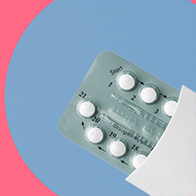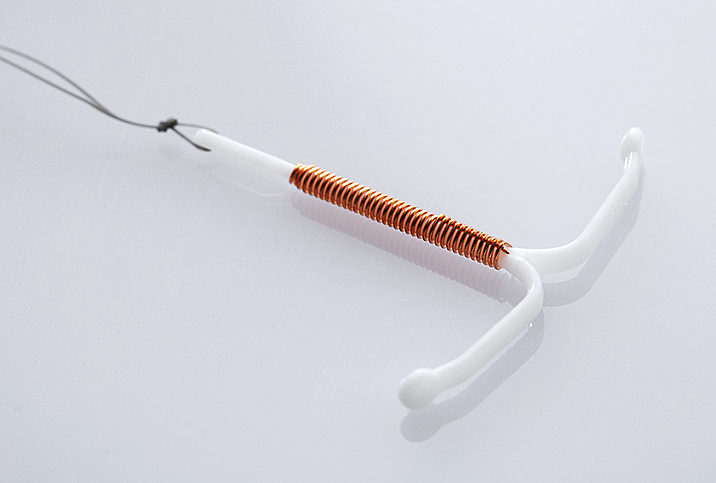The Connection Between Birth Control Pills and Blood Clots

Birth control pills are the leading contraceptive method in the United States, where they are used by an estimated 14 percent of women between the ages of 15 and 49. Though birth control pills have been widely used for decades and are proven safe and effective, 1 in 3,000 women per year who take them will develop a blood clot.
Birth control pills do not cause blood clots directly, but the National Blood Clot Alliance states that this contraceptive method increases a woman's risk for developing a blood clot by a factor of three to four. Still, the absolute risk is low in carefully selected patients, and the risk of a blood clot during pregnancy is approximately double that of getting one while taking birth control.
Blood clots can form in the veins of the legs, arms and groin and move to other parts of the body. If a blood clot reaches the lungs, called a pulmonary embolism, it can affect breathing and endanger a person's life.
Here's more about the connection between birth control pills and blood clots, along with signs to look for that indicate you should contact a doctor as soon as possible if you are using this medication.
Why would birth control pills cause blood clots?
Most birth control pills contain synthetic versions of the hormones estrogen and progestin, which stop ovulation and trick your body into thinking it's pregnant. Estrogen increases the blood's ability to clot, meaning high levels of estrogen can often lead to the formation of blood clots.
Women have varying levels of estrogen in their bodies due to genetics, lifestyle behaviors and other factors. For example, women who eat meat from animals fed growth hormones may have higher levels of estrogen in their bodies than those who eat meat from grass-fed animals—even if they are taking birth control pills.
Any given brand of birth control pills contains the same amount of hormones in each pill. Millions of women with varying estrogen levels are prescribed such pills. As a result, some may have higher estrogen levels in their bodies continually and are at greater risk for blood clots.
Which pills are more likely to cause blood clots?
Any type of hormonal birth control pill can increase the risk for blood clots. However, according to numerous sources, birth control pills that contain both estrogen and a progestin called desogestrel are found to produce the highest risk. Brand names of pills that contain estrogen and desogestrel include Apri, Cyclessa, Kariva and Ortho-Cept, among many others.
Researchers have found that another progestin called drospirenone may also be associated with a higher risk of blood clots. Drospirenone is an ingredient included in the birth control brands Yaz, Yasmin and Desogen.
What are other risk factors for blood clots?
You may be at higher risk for developing blood clots while using birth control pills if you have any of the following conditions:
- Personal or family history of blood clots
- Pregnancy (and during the first six weeks after having a baby)
- Obesity
- Smoking
- Cancer
- Long periods of inactivity, such as while on a road trip or airplane
- 60 years of age or older
- Genetic clotting disorders, such as factor V Leiden
- Recent surgery
When should I contact my doctor?
Contact emergency medical services immediately if you experience any of the following symptoms of a blood clot:
- Chest pain or discomfort
- Rapid or irregular heart rate
- Difficulty breathing
- Coughing up blood
- Fainting
- Loss of consciousness
- Redness of the skin
- Swelling
- Tenderness
- Anxiety
If you meet one or more risk factors for a blood clot, talk to your doctor about the possibility of switching to another birth control method. Intrauterine devices (IUDs), the arm implant, condoms, diaphragms and progestin-only birth control pills are potential contraception methods that are safe for people at risk for blood clots.




















